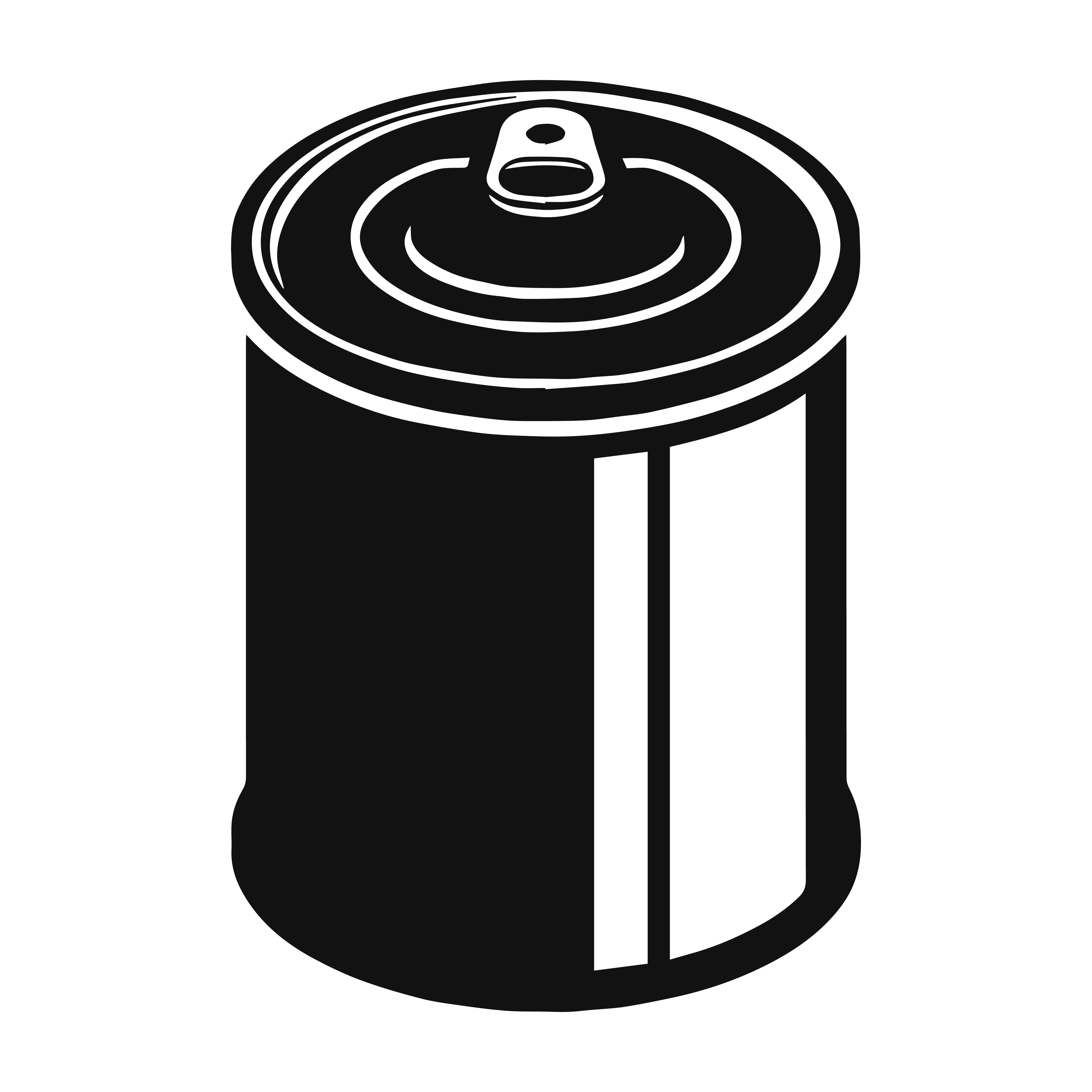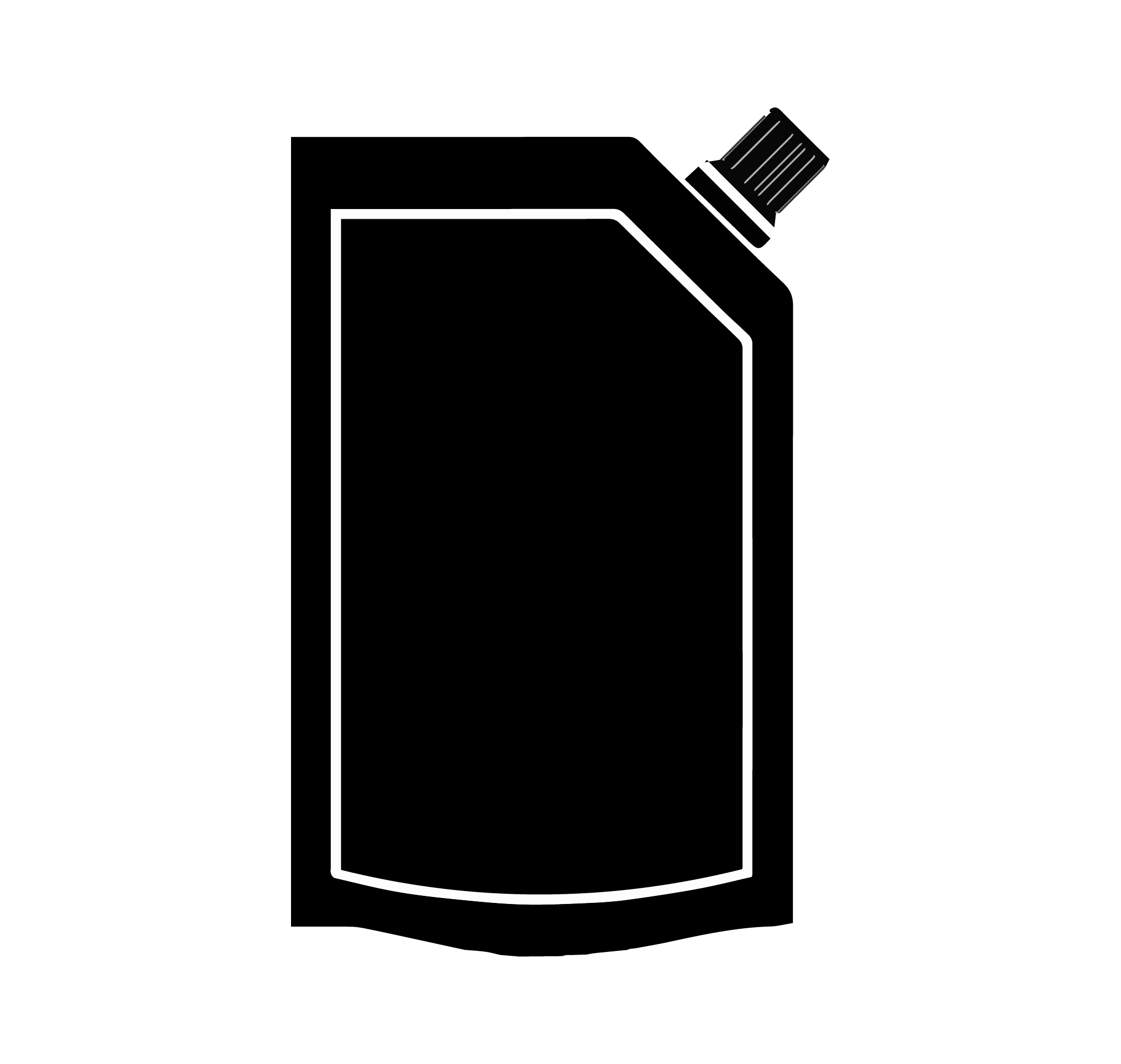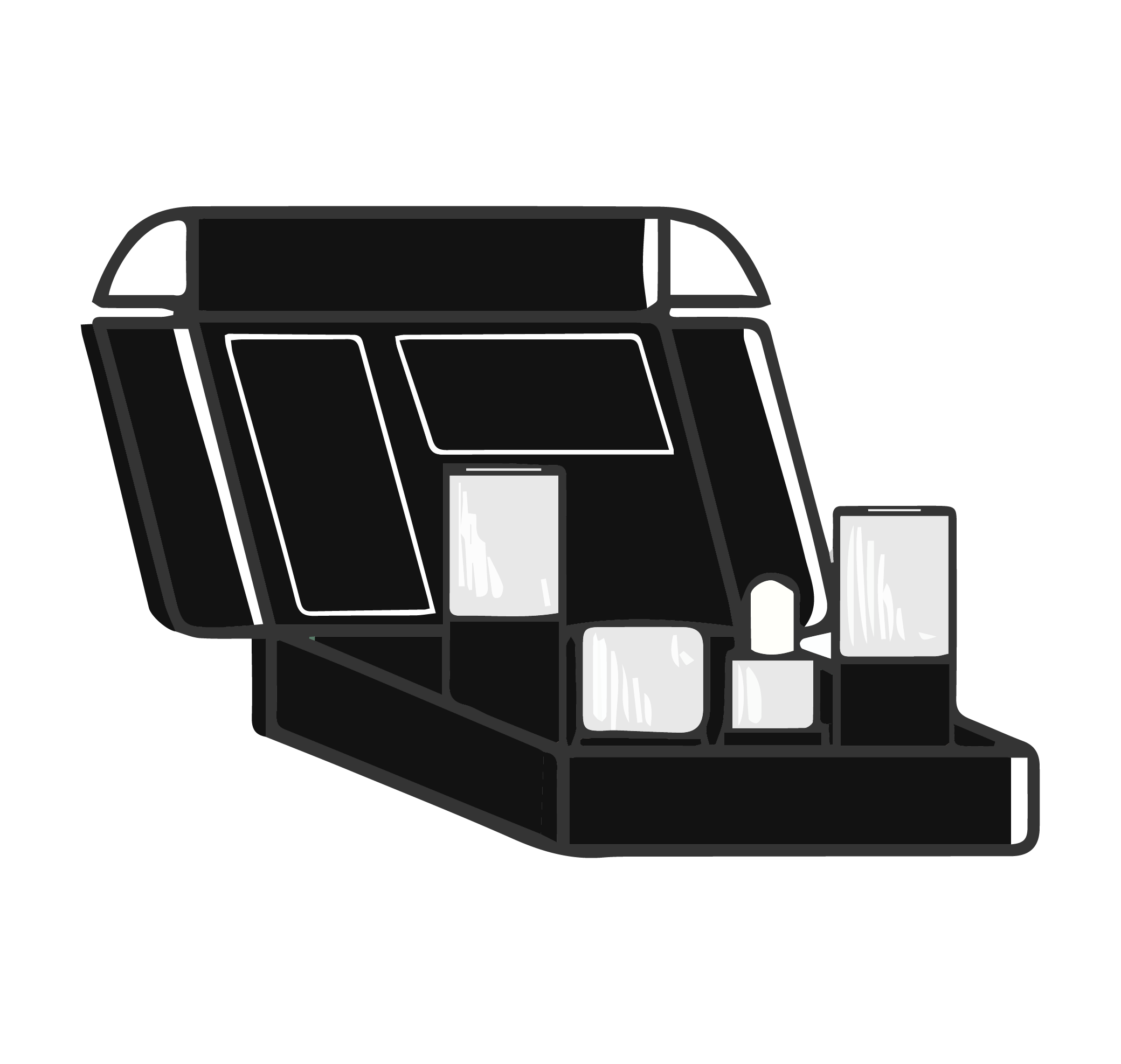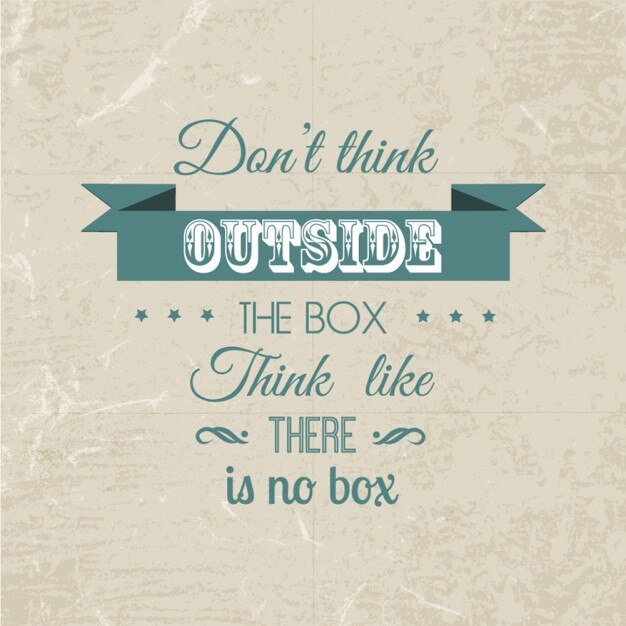This article explores the signs of addiction denial and when to seek help. For some, blaming others protects them from taking responsibility themselves. Denial, blame and dishonesty may anger loved ones, but it is important to understand that these actions are a product of the disease rather than a true representation of the person’s character. The gifted soul/R&B/jazz singer Amy Winehouse won Grammys for Song of the Year and Best Female Pop Vocalist Performance of the Year in 2008 with her defiant public refusal to enter treatment for alcohol and drug addiction (the song “Rehab”). “Rehab” appeared on the album Back to Black (referring to the abyss of depression she experienced) which eventually sold 16 million copies. Encourage them to seek help, whether through support groups, counseling, or recovery programs tailored for alcohol use disorder (AUD).
Table 1.
However, there is limited information about which characteristics of drinkers and which drinking problems relate most closely to that denial. Many people with alcohol addiction grapple with guilt and anger, which can lead to blame. People may blame loved ones or employers for causing stress that led to their drinking problems. Or they may point gallstones and alcohol the finger at a friend or co-worker for buying them a beer in the past. I have even witnessed many alcoholics steadfastly defending their “right” to live as they please, including to drink as they wish.
For instance, calling in sick on behalf of an intoxicated spouse or continuing to invite someone with alcohol use disorder out to bars can reinforce their denial by minimizing the consequences. Individuals blame outside influences instead of recognizing personal accountability for their actions and choices. In such a manner, they can avoid confronting the reality that they have a drinking problem.
They might say things like, “Let’s not make a big deal out of it,” or “I just enjoy a few drinks; it’s not like I have an addiction.” Let’s help you understand what constitutes alcoholism denial and why it poses challenges during recovery. We’ll explore how denial manifests itself through specific behaviors and thought patterns. Understanding denial is a first step toward helping your loved one with alcohol use disorder.
Educational Programs and Resources
In short, “there’s not a single image of AUD,” points out Sabrina Spotorno, a clinical social worker and alcoholism and substance abuse counselor at Monument. Finally, a person moves from denial to accepting their addiction when they recognize the issue and are mobilized to change it. She was found dead in 2011 at age 27, lying on her bed with an empty vodka bottle on the floor beside her. She had been abstinent for a few weeks, drank moderately for a couple of days, and then died of alcohol poisoning. Her own lyrics told us “I don’t ever want to drink again.” But she did drink again.
Alcoholic Denial How To Help An Alcoholic In Denial
If you’re struggling with addiction or addiction denial, reflecting on your behavior and approaching yourself with honesty and compassion can help you begin the process of recovery. Many people with the disorder are reluctant to seek rehab, partly because alcohol is a central part of their life. And they know that rehab could compromise their relationship with alcohol.
Oftentimes, enablers are family members who are attempting to protect the person with the alcohol problem. Additionally, long-term effects of alcohol result in brain damage and compromise different functions of the brain, including insight and other frontal lobe processes. Whether it happens over time or immediately, the person alternative to xanax realizes that their drinking has become a bit out of control. In addition to supporting your own mental health, this serves as a role model to your loved one. If your loved one is in denial or doesn’t want to seek treatment, they’re not alone.
For help coping with negative emotions related to your loved one’s drinking problems, consider attending Al-Anon or another 12-step program for friends and family members of alcoholics. These support groups allow you to interact with people in similar situations. You can also learn strategies to alleviate stress and manage strains on your mental health.
The key aspect of the tolerance question used here might be the emphasis on the recent five-year period. It is possible that self-perceived tolerance might be strongest at younger ages when drinking is escalating but might not be as apparent as individuals maintain and decrease the maximum drinks with advancing age. Space constraints do not allow for an expanded examination of the phenomenon of changes in rates of endorsement of AUD criteria as individuals age, but that question will be revisited in a future paper. The current analyses focus on inaccurate denial of current AUDs in individuals who report themselves as light or moderate social drinkers. To prepare for the study we searched the literature for specific characteristics of individuals who evidence denial. Marital status and education level did not consistently relate to the probability of denial (Ortega and Alegria, 2005; Rinn et al, 2002), although one study suggested more denial among lower educated individuals (Fendrich and Vaughn, 1994).
Societal and Cultural Factors
Each individual’s needs are unique, and the treatment process should cater to their specific situation. When trying to help an alcoholic in denial, there are crucial steps to follow and key factors to consider to encourage the person to seek help and support. Here are some strategies for effective intervention and ways to find professional assistance. It’s essential to convey a message of hope to your loved one struggling with alcoholism denial. Let them know that there are ways they can overcome their addiction and live a fulfilling life once again. Often, when confronted about their drinking habits, individuals in denial may brush off the concerns or downplay them as insignificant.
- Such standardized approaches might be especially useful for identifying high functioning individuals with AUDs whose SES might erroneously imply that they are less likely to have alcohol problems.
- It is important to recognize that just because you have realized that your loved one may be in need of an alcohol addiction treatment program, that does not mean they will agree.
- Recovery often involves a combination of individual and group therapy sessions.
- These support groups allow you to interact with people in similar situations.
- The denial or minimization of substance related problems interferes with decisions to seek help, impedes behavior changes, and contributes to relapses into problematic behaviors (Ferrari et al., 2008; Wing, 1996; Sher and Epler, 2004).
- For example, they might use breath mints or mouthwash as an excuse for the smell of alcohol on their breaths.
When a person starts abusing alcohol, they may feel they have a good reason. Stress, obligations, trauma, abuse, or any other number of negative circumstances can seem like an acceptable reason to pick up a bottle or have a drink. Being dishonest or lying about alcohol consumption fetal alcohol syndrome celebrities is pretty common with alcoholism.
Individuals may feel embarrassed or stigmatized about their drinking habits, especially if they come from families where alcoholism was present. For instance, someone who grew up with a parent dealing with alcohol use disorder might internalize shame when facing their own addiction struggles. Understanding the reasons behind alcoholism denial can shed light on why individuals refuse to acknowledge their drinking problem. Shame, societal views, lack of education, neurological factors, and the influence of friends and family all play significant roles in perpetuating denial. Using data from two generations of the San Diego Prospective Study (SDPS), we compared AUD subjects who considered themselves non-problematic drinkers (Group 1) with those with AUDs who acknowledged a general alcohol problem (Group 2).


























